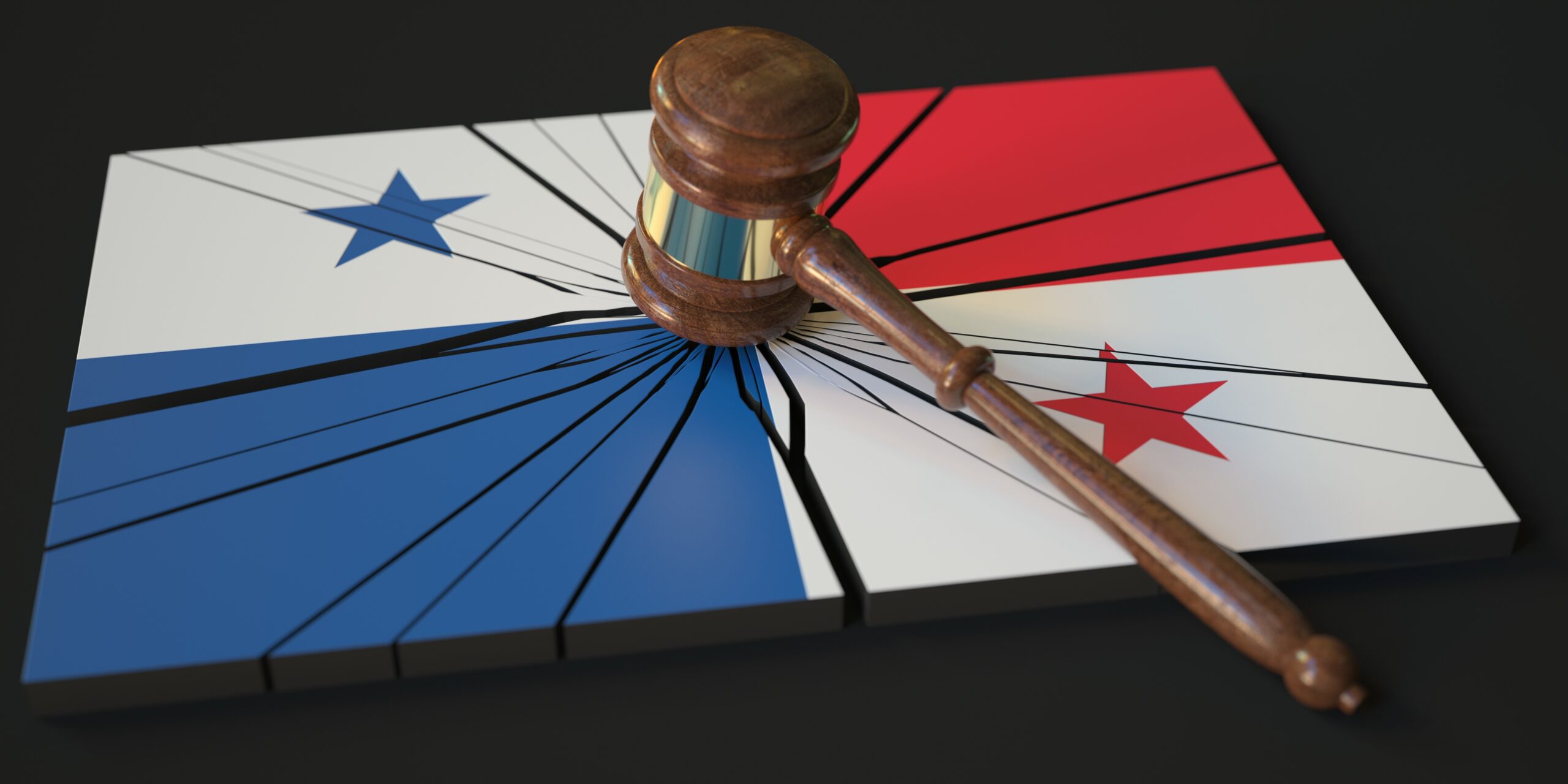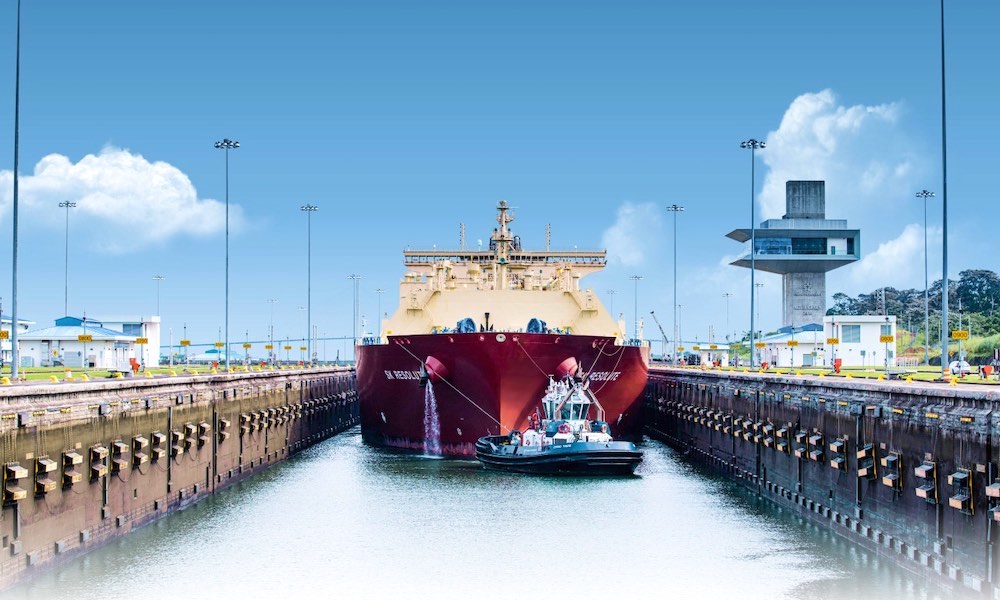The Dual Challenge: Technical Specialization Versus Regional Defence Mastery

Defending serious statutory offences—especially those about banned items—calls for a sharp, focused legal approach. These cases are different. They usually mean mandatory minimum sentences and hinge on technical legal details: what counts as possession, how the law defines use, or even exactly what the item is. Success often comes down to the tiniest details, like the length of a blade, whether a mechanism actually works, or whether the police had any right to stop and search in the first place. If you’re facing a charge like this, you need someone who really knows their stuff—a weapon offence lawyer in Toronto who lives and breathes these details. Their job is to dig deep into the law, take apart the wording of the statute, challenge the constitutionality of the search, and find any narrow loopholes that might keep you from a conviction that can change your life forever. This isn’t about broad legal strategies; it’s about zeroing in on the specific facts and the exact law that applies.
The work done by criminal defense lawyers in the Greater Toronto Area in defending general criminal charges is a whole different game, demanding mastery across many courts. Here, lawyers need to master a maze of different courtrooms, police departments, and prosecutors. The challenge isn’t just knowing the Criminal Code—it’s knowing how courts, judges, and Crown attorneys operate in each part of the city. A good regional defence lawyer uses this knowledge to their client’s advantage, maybe by moving a motion to a court that’s known for a fairer shake or by handling paperwork from a dozen different police divisions. In this world, strategy is about relationships, timing, and keeping a lot of moving parts under control. Lawyers need a big network and the practical skills to juggle many cases at once, all across a complicated justice system.
These two types of lawyering couldn’t be more different. The weapon defence specialist is like a surgeon, laser-focused on a single issue: dismantling the technical legal requirements of the charge. They pour hours into expert reports and forensic analysis, going head-to-head with police testimony on the tiniest points. The outcome is all or nothing—and every bit of preparation counts.
The regional criminal defence team is more like a project manager. They take in the whole landscape, making sure every detail gets handled, no matter the courthouse or the police division. Their strength is consistency and reliability—they keep the system running for their clients, often winning by negotiation or smart procedural moves, not just by going to trial.
In the end, what you need depends on your situation. If you’re up against a tough, technical charge with a heavy sentence, you need a specialist who knows every inch of the law. If you’re dealing with a patchwork of charges or bouncing between courts across the city, you want a team that understands the lay of the land and can cover every base. Both kinds of lawyers are crucial—they just shine in different parts of the justice system.





